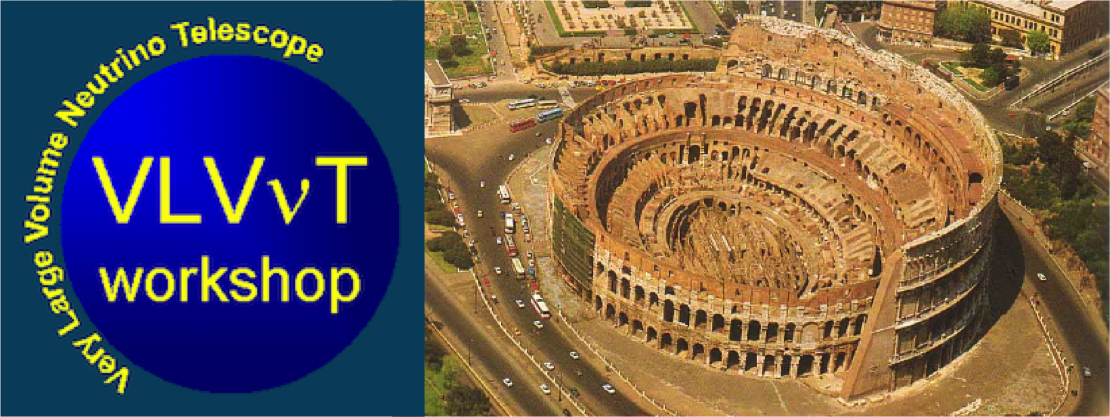Speaker
Anatoli Fedynitch
(KIT - Karlsruhe Institute of Technology (DE))
Description
The detection of astrophysical neutrinos, certainly a break-through result, introduced new experimental challenges and fundamental questions about acceleration mechanisms of cosmic rays. On one hand IceCube succeeded in finding an unambiguous proof for the existence of a diffuse astrophysical neutrino flux, on the other hand the precise determination of its spectral index and normalization requires a better knowledge about the atmospheric background at hundreds of TeV and PeV energies. Atmospheric neutrinos in this energy range originate mostly from decays of heavy-flavor mesons, which production in the phase-space relevant for the particle cascade is uncertain. Modernized versions of hadronic interaction models are a key ingredient for high-precision flux predictions. Due to the emphasis on new-physics discoveries, the detectors at the LHC are optimized for measuring particles with high transverse momenta. The insight into the very forward phase-space relevant for prompt lepton production in atmospheric cascades is mainly limited by detector acceptance and not so much by the collision energy. In this talk I will recap the general phenomenology of atmospheric leptons, linking recent progress in flux predictions with particle physics at colliders, in particular the LHC.
Author
Anatoli Fedynitch
(KIT - Karlsruhe Institute of Technology (DE))
